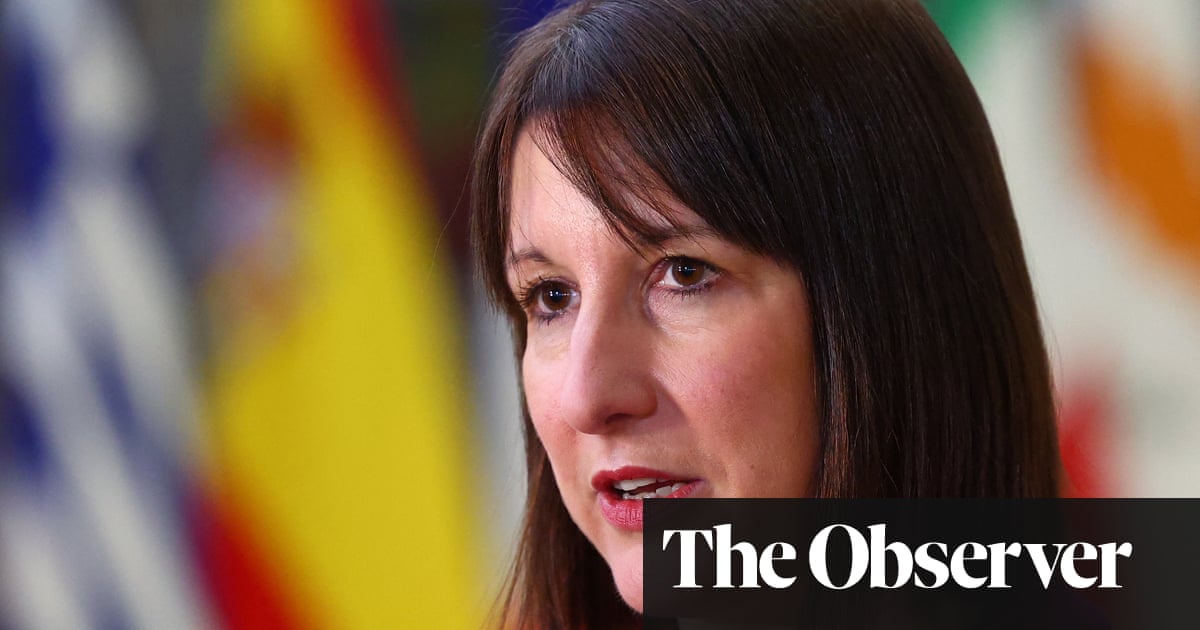British Prime Minister Keir Starmer (L) and German Chancellor Olaf Scholz inaugurated negotiations for a new treaty as part of a post-Brexit reset in relations between the two countries. Wednesday’s talks in the Chancellery in Berlin was Starmer’s fifth meeting with his German counterpart since winning a landslide general election July 4. Photo by Clemens Bilan/EPA-EFE
Aug. 28 (UPI) — Britain and Germany on Wednesday agreed to negotiate a new treaty as part of a post-Brexit reset in relations between the two countries that British Prime Minister Keir Starmer said was a “once-in-a-lifetime opportunity to deliver growth for working people.”
A joint declaration issued by the Bundesregierung announced the launching of government-to-government consultations aimed at an early 2025 signing of a treaty that will “reflect our status as the closest of partners in Europe, with the strongest possible bilateral cooperation on the issues that matter most to our populations.”
The communique said the treaty would be backed up by a new defense agreement bolstering links between the defense communities, industries and armed forces of Germany and Britain, progress on which was “already being conducted at pace.”
Starmer told a press conference in Berlin he hoped the treaty, which he said was evidence of the promise of the deep U.K-Germany relationship, would produce fruit in sectors such as science, technology, development trade and business.
“Growth is the number one mission of my government and building relations with our partners here in Germany and across Europe is vital to achieving it,” Starmer said.
The deal was the start of a wider reset with the European Union after Britain’s acrimonious divorce following almost 50 years of membership.
However, Starmer said the deal would not include a so-called youth mobility scheme being floated by German Chancellor Olaf Scholz that would make it easier for young Germans and nationals of other European Union countries to study and work in Britain, and vice versa.
Scholz hailed the treaty — the first of its kind between the allies — as a partnership that would embrace the breadth of Germany-U.K.-ties from building on existing government-to-government cooperation, including on security and strengthening Europe’s role in NATO.
But he also said he wanted some easing of restrictions on the movement of people to reverse what he called a “massive decline” in contact between Germans and Britons since Brexit and COVID-19.
“We want to change that because if you know each other well you want to support each other better. We share similar views on this and that is why we want to intensify the exchanges between Germany and the U.K,” said Scholz.
Starmer insisted the treaty was purely concerned with bilateral matters related to trade, defense, migration and economic issues and had no connection to questions around the movement of people.
“In relation to youth mobility, obviously, we’ve been really clear: no single market, no customs union, no free movement, no going back into the EU,” Starmer said.
“So the discussion about a close relationship with the EU is in that context and within those frameworks, I’m convinced, and I think you heard from the chancellor himself, that we can have a closer relationship, notwithstanding those clear red lines that we’ve got, and we’ve always had.”
He rejected suggestions that his “red lines” would affect German-U.K. negotiations and brushed away questions about rejoining the Erasmus Program, a mobility scheme for university students, but stopped short of explicitly ruling it out.
However, migration was an area of substantive discussions on working together to tackle illegal migration together with stronger law enforcement cooperation with Starmer saying there were proposals for a joint agreement on immigration.
He said the plans would, crucially, enable Britain and Germany to cooperate on data sharing, intelligence sharing and mounting joint operations.
“That is the way to take effective action in relation to the vile trade that sits beneath irregular migration across Europe and in particular sits beneath the vile trade of putting people into small boats across the Channel.”
The effort to cooperate on migration comes after Starmer’s incoming Labor government ditched the previous Conservative administration’s costly flagship policy of sending illegal arrivals to Rwanda in favor of a new Border Security Command to tackle people smuggling gangs, more cooperation with European governments and negotiating agreements to return people to their own countries — when it is safe to do so.
There were no new announcements on Ukraine from the second and third largest donor of military aid to Kyiv’s struggle against Russia’s invasion, except to reiterate their commitment is for the long haul, “as long as it takes.”
Neither side would be drawn on their policies restricting how Ukraine uses the weapons they supply.






